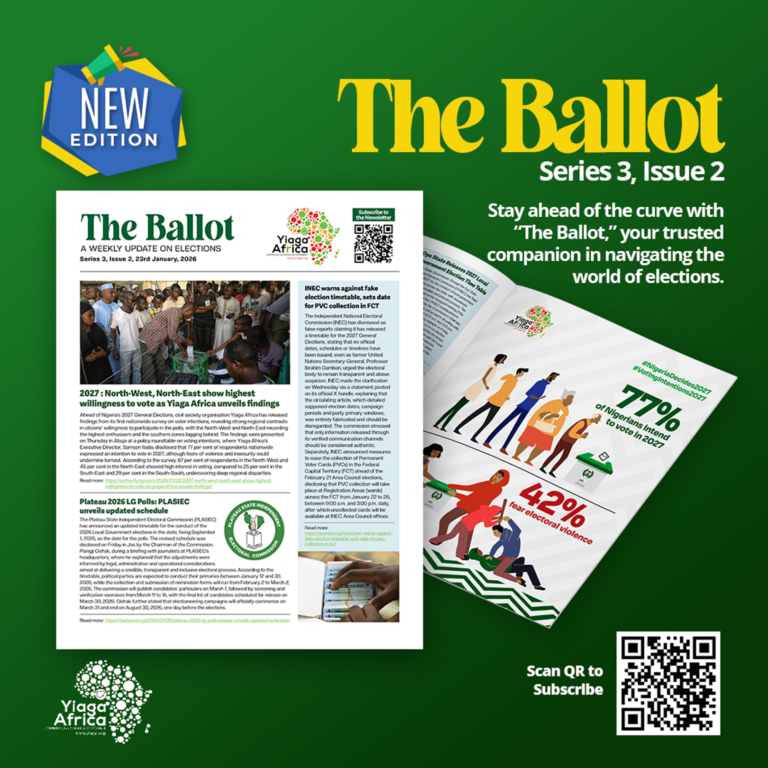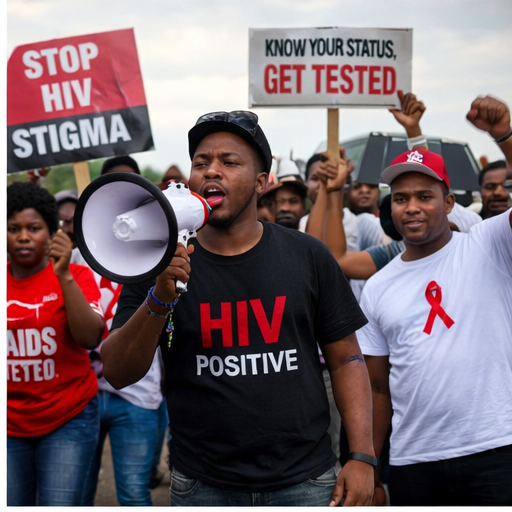
The Hidden Cost of Modern Hustle Culture
By Ameh Gabriel
There’s an unpopular opinion that’s gaining quiet traction: Humans were never meant to be this busy. That’s why everyone is anxious and depressed. At first glance, this might seem like a dramatic overstatement. After all, isn’t progress built on hard work? Isn’t ambition what drives innovation and civilization forward?
Yet, when you take a step back and observe modern society, it’s hard to ignore the growing epidemic of stress, burnout, anxiety, and depression. Could it be that our bodies and minds were never designed for the relentless pace we now consider “normal”?
The Evolutionary Mismatch
For most of human history, life was relatively simple. Our ancestors hunted, gathered, rested, and socialized. Their schedules were dictated by nature, not Google Calendar notifications. They worked hard to survive, but they weren’t constantly on. They had long periods of rest, leisure, and deep connection with their communities.
Fast forward to today, and the average person is juggling work, family, social obligations, side hustles, and endless digital distractions. We glorify busyness, wear exhaustion as a badge of honor, and see rest as laziness. But biologically, our brains and bodies haven’t caught up to this rapid shift. We are wired for deep focus, physical movement, and meaningful social bonds not 24/7 emails, endless to-do lists, and scrolling through doom-laden news cycles.
The Mental Health Crisis
It’s no coincidence that anxiety and depression are skyrocketing. The relentless demand to always do more has left people mentally and emotionally depleted. The World Health Organization (WHO) has declared stress the “health epidemic of the 21st century.”
When humans are constantly in a state of stress, our nervous systems go into overdrive. Cortisol levels spike, sleep suffers, and our ability to experience joy diminishes. Instead of feeling accomplished, we feel perpetually behind—like we’re running on a treadmill that never stops.
The Illusion of Productivity
Many argue that modern busyness is necessary for success, but at what cost? Studies show that productivity actually declines when people work too much. Creativity suffers, decision-making weakens, and long-term health deteriorates. In reality, much of what we consider “urgent” is just noise. The truly important things—our well-being, relationships, and personal fulfillment—often get pushed aside in favor of an endless grind.
A Radical Solution: Doing Less
If humans weren’t meant to be this busy, what’s the alternative? It doesn’t mean abandoning ambition or progress, but rather redefining how we live and work.
- Prioritizing Rest – Sleep, leisure, and unstructured time should be non-negotiable, not a luxury.
- Setting Boundaries – Work shouldn’t consume every waking moment. The “always-on” culture isn’t sustainable.
- Reconnecting with Nature – Spending time outdoors, moving our bodies, and slowing down can reset our nervous systems.
- Valuing Presence Over Productivity – Life is not a checklist. Meaning comes from deep connections, creativity, and experiencing the present moment.
The unpopular opinion that humans were never meant to be this busy might not be so unpopular for long. As more people reach their breaking point, society may be forced to rethink its obsession with busyness. After all, what’s the point of all this productivity if it’s making us miserable?








